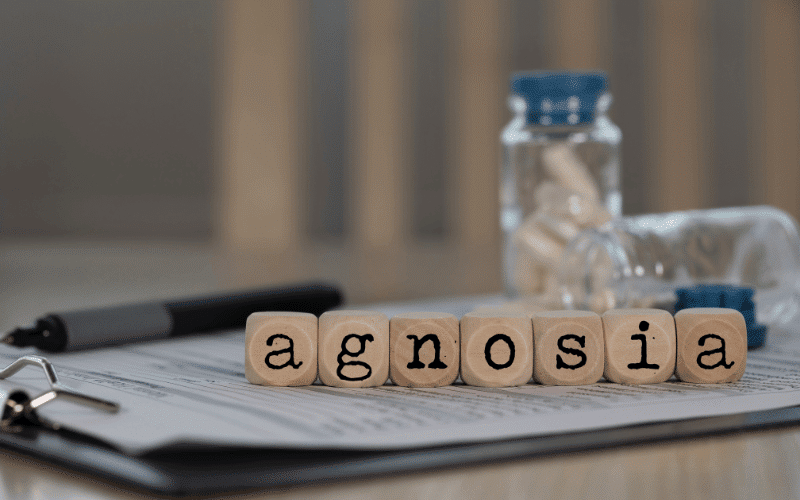Symptom 9: Sound, but No Fury: Auditory Verbal Agnosia

Diving deeper into the intriguing symptoms of Wernicke’s aphasia, we arrive at auditory verbal agnosia, also known as pure word deafness. This curious symptom isn’t about hearing loss. Rather, it’s the inability to comprehend spoken language, despite intact hearing.
Imagine tuning into a radio station in a language completely alien to you. You can hear the sounds, the inflection, even the rhythm. But the words? They might as well be white noise. For people experiencing auditory verbal agnosia, that’s the soundtrack of their daily conversations.
This symptom exemplifies the multi-layered nature of language processing. The ears can capture sounds perfectly, but if the brain cannot decode them into meaningful words, communication hits a roadblock. It’s like being handed a book in an unknown script; the symbols are visible, but their meaning remains shrouded.
Ironically, many individuals with auditory verbal agnosia can still read, write, and speak coherently. Their challenge lies in processing spoken words, which creates a disjointed communication experience. Imagine having a meaningful conversation but being unable to comprehend the responses you receive. That’s the predicament they find themselves in. (9)